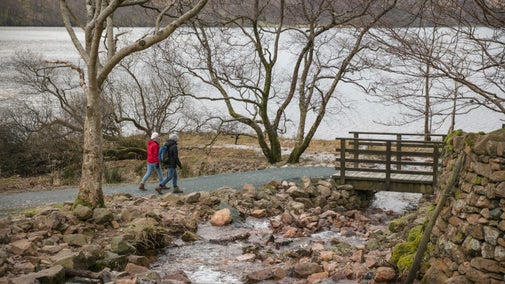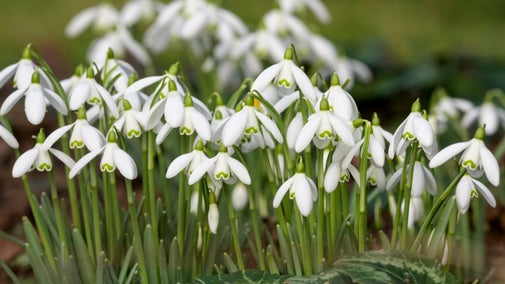Exploring the wider estate and watermill at Acorn Bank
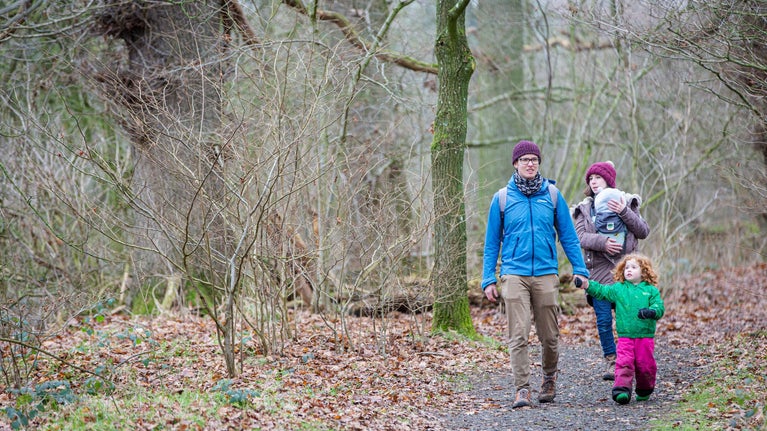
With 180 acres of woodland and parkland, there are plenty of opportunities for peaceful moments away from the crowds. Wander along woodland paths and discover hidden views along the way. Visit the historic watermill, get closer to nature, or go on a geocaching adventure.
Winter on the estate
The working watermill

You might also be interested in
History of Acorn Bank
Discover how Acorn Bank's purpose has changed throughout the centuries, since it was first owned by the Knights Templar in the 13th century.
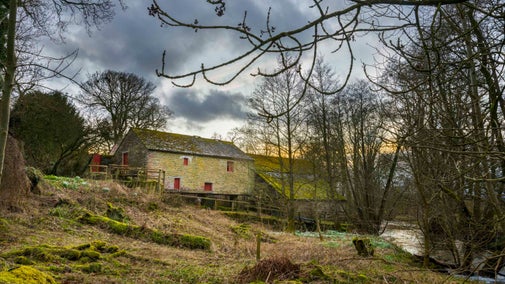
Family-friendly things to do at Acorn Bank
Discover what family-friendly activities are on offer at Acorn Bank in Cumbria, from geocaching around the parkland to newt spotting in the Sunken Garden. Try a self-guided nature trail and use rubbing plaques to discover the flora and fauna of Acorn Bank's walled garden and woodland.

Riverlands: Caring for Crowdundle Beck
Rivers are life forces. They’ve helped sustain ecosystems, cultures and communities for millennia, their quiet power steadily shaping everything from landscapes to place names. But many of our rivers are under threat from climate change, pollution, and human-made changes to the landscapes and waterways, which is why the National Trust launched Riverlands.
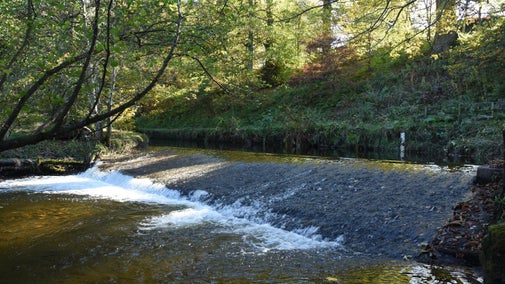
Riverlands: Caring for Crowdundle Beck
Rivers are life forces. They’ve helped sustain ecosystems, cultures and communities for millennia, their quiet power steadily shaping everything from landscapes to place names. But many of our rivers are under threat from climate change, pollution, and human-made changes to the landscapes and waterways, which is why the National Trust launched Riverlands.

Walking
Explore some of the finest landscapes in our care on coastal paths, accessible trails, woodland walks and everything in between. Find the best places to walk near you.

Countryside in the Lake District
Explore the Lake District's majestic mountains – among them Scafell Pike, the tallest in England – ancient woodland, hidden waterfalls, rugged coastline and, of course, its many lakes. You might even spot a red squirrel, roe deer or bird of prey.
